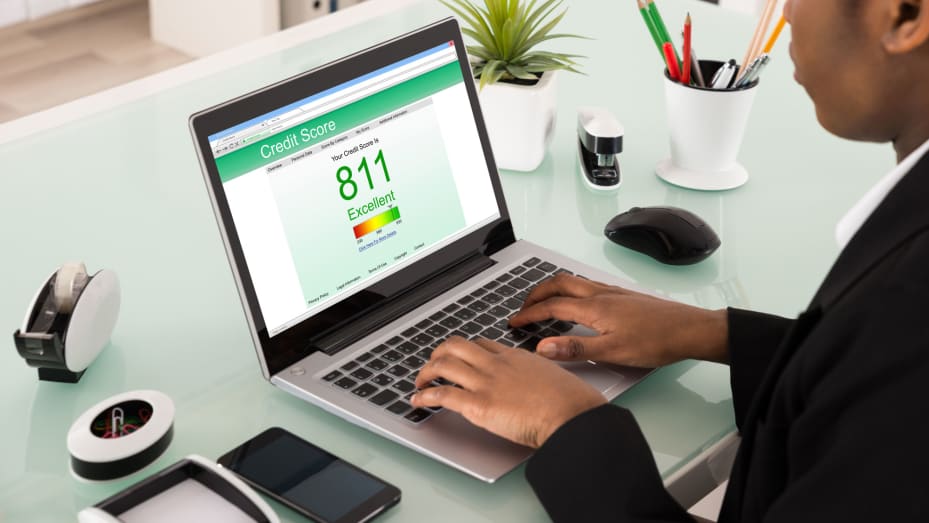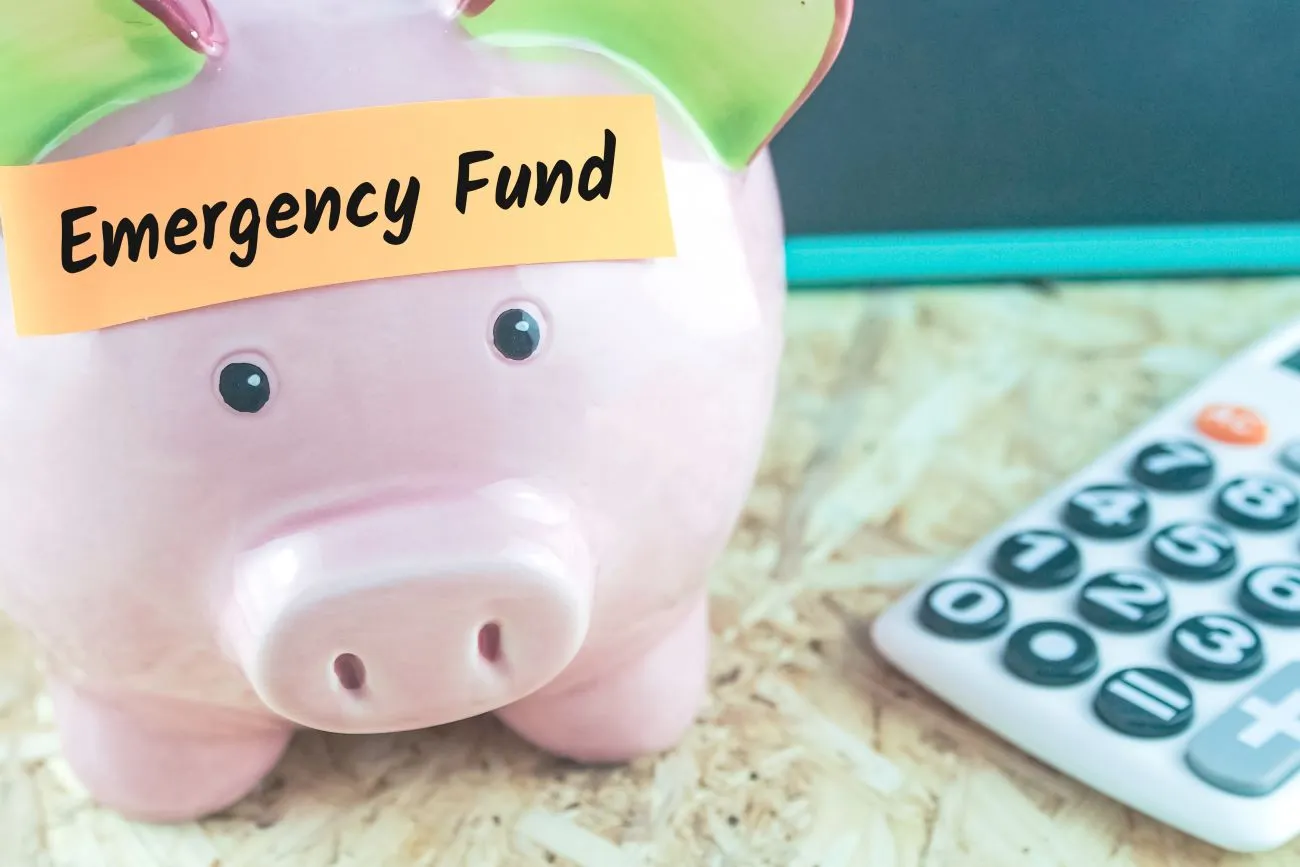When you feel low and tight on finances, the option of a personal loan may seem attractive. It can take you out of your financial quagmire and put you in a better state.
If you are unemployed, the option for loans is still available for you, but other factors are considered by the lenders before lending loans to unemployed people.
For borrowing a loan, your credit profile is very important that is considered by the lenders, and you can also borrow a loan despite being unemployed. Not having a job does not close the doors of money for you.
Loan approval process
When you are unemployed, it becomes difficult to repay the loan, but at the same time, the importance of a loan comes when you are out of finances. Many lenders consider multiple factors while analyzing your loan application.
Your credit score is a major factor of consideration when getting your application for money loans for the unemployed. In the UK, this counts as a major factor.
Factors involved in the loan approval
Even while unemployed, you can opt for several options for a loan. Some of the factors are very important for your loan approval. Read below about the factors that play a crucial role in your loan.
1. Income
Income is the main concern when borrowing a loan from any lender. Being unemployed and then applying for a loan can be more challenging and tasking.
But if you have additional income sources apart from a steady job, you still can be qualified for loan approval. Some of the common examples of your alternative incomes are:
a. Spouse’s income
If you are unemployed but are married, it can work in your favor. If your spouse is earning and you have an income source in your home, you are eligible to apply for a loan.
The lender can consider your spouse’s income for your loan application. In this case, the lender can allow you and approve you for a loan only if you can use your spouse’s income to repay your loan.
For this, your spouse needs to become the co-applicant for your loan, and you need to decide and choose your spouse’s income as the main source of income for your loan repayment.
b. Investments
Any income, despite being unemployed, can be your gateway to your loan approval. If you have any capital gains or any money from your investments, it can make you capable of repaying a loan on time.
For any lender, the lender is concerned about the repayment of the loan, and in the case of being unemployed time, capital gains can be considered by the lender.
The lender may also improve the recurring income from the dividends, or any properties on rent that you have can also work in your favor.
c. Other payments
Child support and alimony are other sources of income.
2. Debt-to-income ratio
Another factor that is considered by the lenders is your ability to repay the loan in the form of debt to income ratio. Try to divide your total debt payments by your gross monthly income. This way, your debt-to-income ratio will be calculated.
If you make certain deductions from your income, such as taxes and insurance, you are left with your gross income. Having a high debt-to-income ratio can be a good indication for the direct lender, and you can be given the option of cash loans without a guarantor.
3. Credit history
One of the major indicators of your loan repayment is your credit history. Every lender evaluates your credit history before approving the loan amount for you. If you have the perfect credit score, it can work in favor of you.
Lenders do take a look at your credit score, and before approving the loan, they check your payment history and other relevant information in your credit report, such as any past bankruptcy or discrepancy in your accounts.
Although it is not necessary that your good credit or strong credit score will help you get the required loan amount, it can work in your favor and can be a great help for you to get your loan approved.
The borrowing risks along with no job
a. Missing out on payments
There are many risks involved in borrowing a loan while being unemployed. One of the biggest risks is missed payments. Most people without a job face this difficulty.
They are not able to give the money back to the lenders. This brings them into a fix. Also, they lower their chances of getting a loan in the future.
If you fail to make a payment, it can lead to damage to your credit and can further make it difficult for you to get a loan. If you do not have a job, figure out your source of income first. Once you have sorted this aspect, then you can apply for the loan.
b. Higher interest rates
If you are unemployed, every lender will be skeptical of lending you the loan as there can be a risk in getting the repayments on time.
Hence the interest rates involved in the loans for the unemployed are comparatively higher than the other available loans. This makes the loan overall costly and difficult for you to repay while being unemployed.
Ideally higher interest rate should be charged to people having huge money. But due to this insecurity of repayments, lenders charge huge interest rates to unemployed people.
Conclusion
Getting a loan while being unemployed is difficult as compared to getting a loan while having a traditional study job. But it can happen, and it is possible to get a loan while unemployed.
You just have to be mindful of the costs related to the loan and also look out for other possible alternatives. Before borrowing any loan from lenders, always look out for the possible challenges that you may face during the loan approval process. Try to overcome those challenges one by one. This will help you in easing out the process and getting more money.






